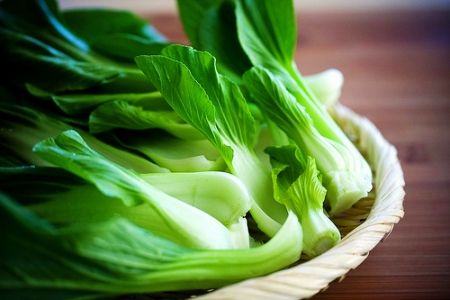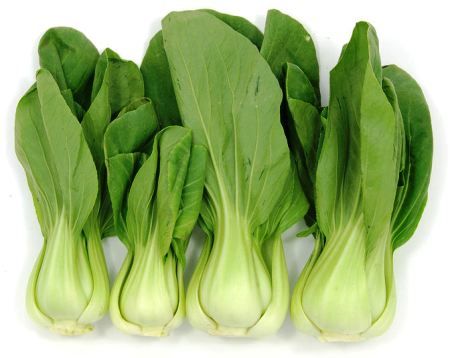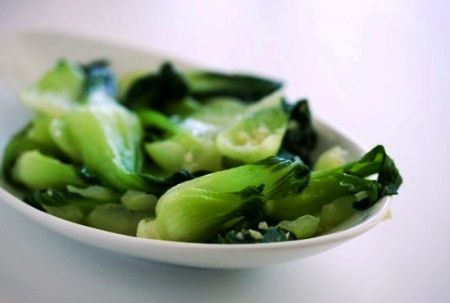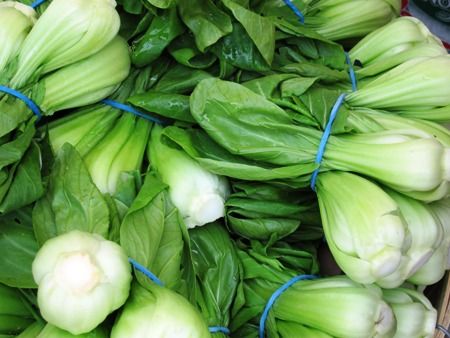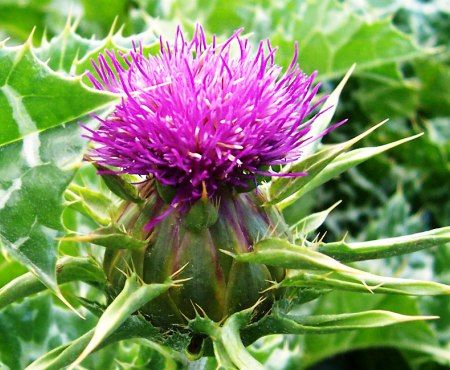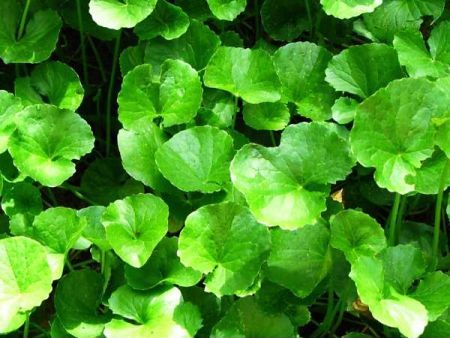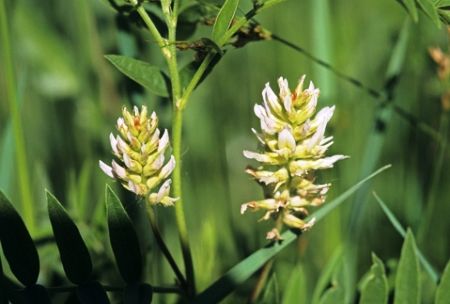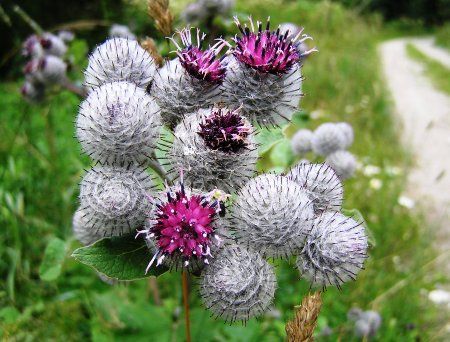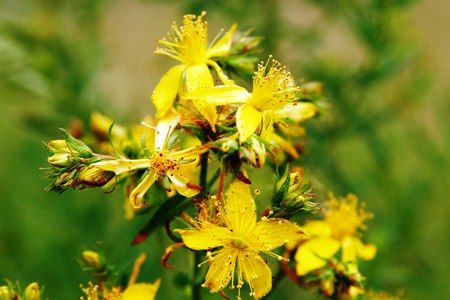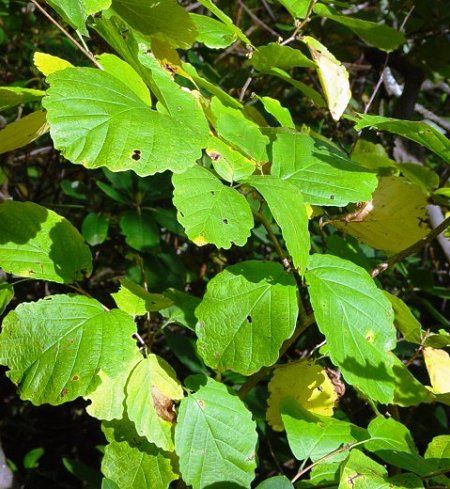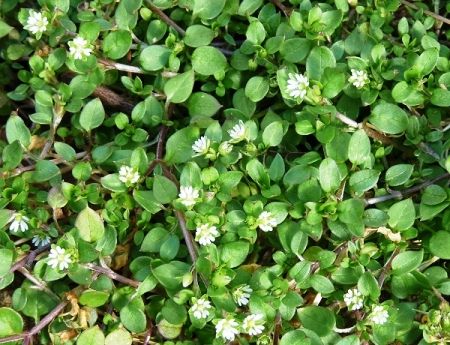Oh, Boy - Bok Choy!
Botanical name: Brassica campestris
Cultivated in China for centuries, bok choy has played a large part not
only in its cuisine, but in traditional Chinese medicine. Today, it’s a staple
in both Asian and American recipes.
A deep green leafy vegetable that resembles Romaine lettuce on top and
a large celery on the bottom, bok choy is a crucifer more closely related to
cabbage. The entire vegetable can be used, and is often added raw to salads for
a satisfying crunch. In soups, the leaves and stalks should be chopped and
added separately, since the stalks take longer to cook.
Bok choy can also be steamed or boiled, but the stir fry method of
cooking seems to release the best flavors. Kimchee is the Korean name for
pickled bok choy. When shredded, it makes great coleslaw. An alternate take: try
bok choy sautéed with ginger and garlic. All these are ideal methods of
preparation for a ready-made food that also happens to be loaded with
life-giving nutrients.
Health Benefits of Bok Choy
Containing a wealth of vitamins C, A, and K, and excellent sources of
calcium, magnesium, potassium, manganese, and iron, bok choy deserves its
reputation as a powerhouse among vegetables. Vitamin A, for instance, is
essential for a properly functioning immune system, while vitamin C is an
antioxidant that shields the body from free radicals. Bok choy supplies
potassium for healthy muscle and nerve function, and vitamin B6 for
carbohydrate, fat, and protein metabolism.
The list of attributes for this one vegetable is virtually endless.
That’s why it’s one of Dr. Mercola’s most highly recommended vegetables. (See
The Best and Worst Vegetables to Eat)
Bok Choy Nutrition Facts
Serving Size: One cup of bok choy (70 grams)
- Calories: 9
- Protein: 1.5 g
- Saturated Fat: .20 g
- Fiber: 1 mg
- Potassium: 252 mg
- Calcium: 105 mg
- Sodium: 65 mg
Studies Done on Bok Choy
Beta carotene levels in bok choy are high enough for the veggie to be
highly recommended by the Macular Degeneration Association. In fact, a single
cup of bok choy contains the entire RDA of beta carotene, which has been shown
to prevent night blindness and possibly reduce the risk of cataract and macular
degeneration.1
The Harvard School of Public Health released the findings of an
interesting study, asserting that high dairy intake can increase the risk of
prostate cancer and possibly ovarian cancer. The study suggested that better
forms of calcium should come from collards and bok choy.2
Another study by the Vanderbilt-Ingram Cancer Center and the Shanghai
Center for Disease Control and Prevention showed that eating dark, leafy green
vegetables such as bok choy may improve breast cancer survival. A study of
nearly 5,000 Chinese breast cancer survivors revealed a 27 to 62 percent
decrease in the risk of dying from the disease when they consumed more cruciferous
vegetables.3 Further, the chance of breast cancer recurrence in those
participating in the program dropped by 21 to 35 percent. The study noted a
higher intake of greens like bok choy among Chinese women than that of women in
the U.S.
Bok Choy Healthy Recipe: Stir-Fried Sesame Bok Choy
Ingredients:
- 1 tsp. sesame oil (dark)
- 2 garlic cloves, minced
- 1 tsp. fresh ginger, peeled and minced
- 1/4 teaspoon crushed red pepper flakes (or to taste)
- 1 1/2 lbs. baby bok choy, carefully cleaned and cut into bite-sized pieces
- 1/4 cup chicken or veggie broth
- 2 Tbsp. soy sauce
- 1 tsp. sugar
- 1/2 tsp. cornstarch
- 1 tsp. toasted sesame seeds
Procedure:
- Heat a large nonstick skillet or wok to med-high heat until a drop of water sizzles. Add oil to the skillet and swirl to coat the pan.
- Add in the garlic, ginger, and crushed red pepper; stir-fry until fragrant - about 30 seconds.
- Add in the bok choy; cook, stirring often, for 3 minutes. Stir in the broth, soy sauce, sugar, and cornstarch; bring to a boil stirring constantly. Cook 1 minute or until thickened.
- Remove from heat and sprinkle with sesame seeds.
The name “bok choy” originated from the Chinese word for "soup
spoon" because of the shape of its leaves.
Summary
A Chinese food and medicine favorite for centuries, leafy green bok
choy is becoming more and more appreciated in the U.S. Not only is it very
versatile in its methods of preparation, from raw in salads to marinated a
dozen ways as a stir fry. Nutritionally, bok choy is loaded with
cancer-fighting properties and a host of other health benefits, some of which
are still being discovered.
Other sources:
http://www.bostonorganics.com/bok-choy/pr/bok-choy
http://www.nutrition-and-you.com/bok-choy.html
http://www.specialtyproduce.com/produce/Bok_Choy_4151.php
References:
1 “Bok choy – What are Bok choy Health Benefits?”, June 2012
2 “Harvard Declares Dairy NOT Part of Healthy Diet,” http://www.care2.com/greenliving/harvard-declares-dairy-not-part-of-healthy-diet.html#ixzz1zJLxkXvT,
June 2012
3 “Eating Cruciferous Vegetables May Improve Breast Cancer Survival,”
http://www.sciencedaily.com/releases/2012/04/120403153531.htm, June 2012Article source: http://foodfacts.mercola.com/bok-choy.html

